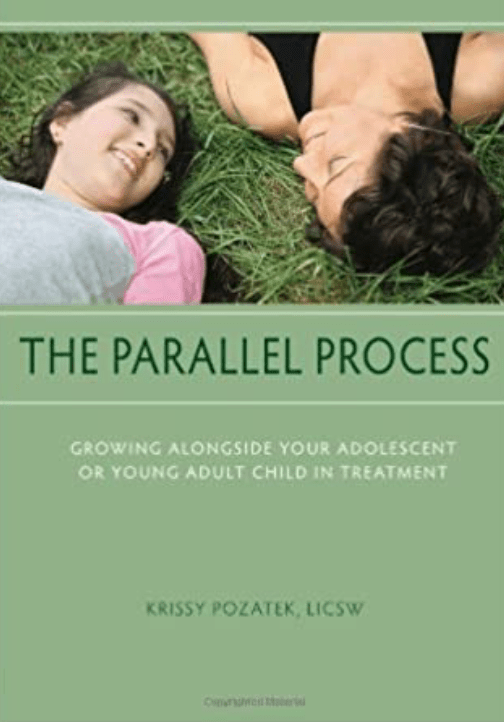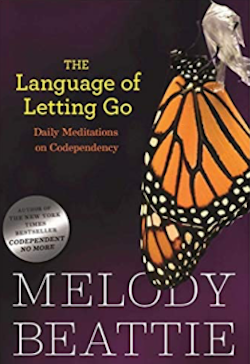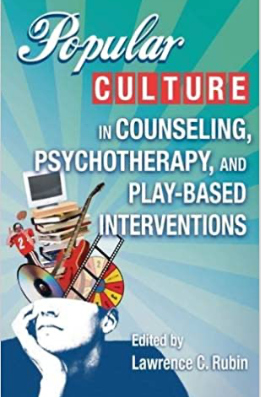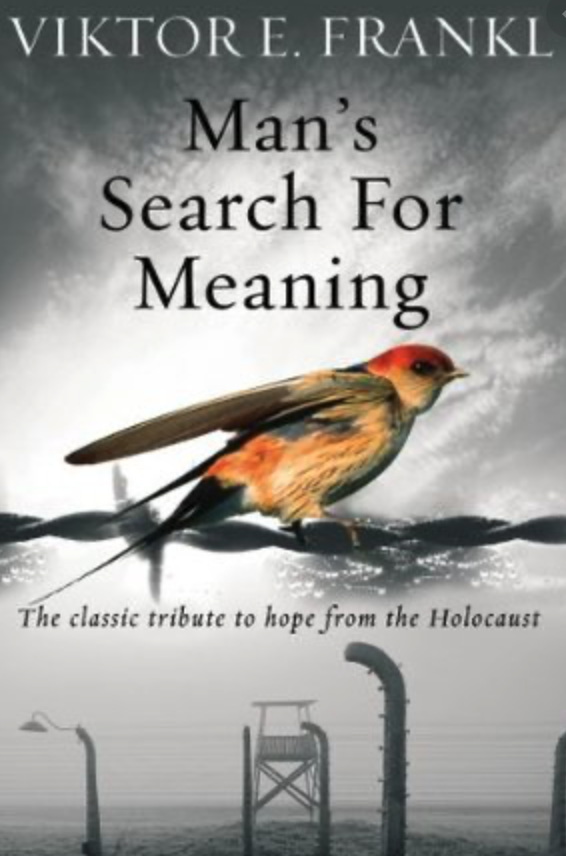
Useful Links
There is a wealth of information available for families to learn, heal, and connect. The vast amount can sometimes feel overwhelming rather than a refuge. I have curated this page for those who only have so much bandwidth left to deal with yet another decision, even if it’s about what reading material might be most useful. Below are links to various books, articles, webinars, and other research to assist you on your journey.
- Please note: I do not endorse purchasing books on any other materials from a particular vendor – these links are to help you with reference only!








Books
Recommendations from my desk, and a few comments on the selections:
The Parallel Process is eye-opening and helpful when you have a child in treatment. Parents are (or should be) working just as hard as their kids to recognize and break old patterns, and learn new ways to interact with each other.
I Hate You Don’t Leave Me sheds light on what borderline personalities are, how they differ in presentation, and how to support loved ones with that diagnosis.
The Language of Letting Go is intended for those who struggle with codependency, and offers daily meditations for growth and renewal. The big message is that we need to take responsibility for our own self-care.
The Road Home: A Guide for Parents of Teens & Young Adults Returning Home from Treatment This one is self-explanatory by it’s title!
Popular Culture in counseling, psychotherapy, and play-based interventions is a look at novel ideas in treatment based on the current cultural climate of one’s daily environment.
Man’s Search for Meaning is a book often recommended by therapists as a blueprint for digging deeper into what it is to be human in an imperfect world.
Dialectical Behavior Therapy describes what DBT therapy is intended to accomplish and how. Learning DBT skills can help individuals by teaching them to use their emotional intelligence with DBT skills. These skills are useful in enacting self-control for those with Borderline Personality Disorder, Depression, Anger Issues and Panic Attacks.
Choices & Consequences outlines a step-by-step intervention you can use to stop a teenager’s harmful involvement with chemicals. If you’re worried about kids and alcohol or other drugs, you can do something.
Articles
“Alcohol or Drug Withdrawal“ WebMD, 20 February 2015. Web August 08, 2017.
“Effects of Substance Abuse on Families“ Chicago Tribune.com; N.p. September 16, 2009. Web August 08, 2017.
“Comparative Treatment for Substance Use Disorders“ JAMA Psychiatry. American Medical Association, May 01, 2014. Web August 08, 2017.
Support Groups

Alcoholics Anonymous (AA) Alcoholics Anonymous is an international fellowship of men and women who have had a drinking problem. It is nonprofessional, self-supporting, multiracial, apolitical, and available almost everywhere. There are no age or education requirements. Membership is open to anyone who wants to do something about his or her drinking problem. AA is renown for implementing the 12 steps of recovery.
Al-Anon – Al-Anon members are people, just like you, who are worried about someone with a drinking problem.
Celebrate Recovery – A Christ-centered, 12 step recovery program for anyone struggling with hurt, pain or addiction of any kind. CR is a safe place to find community and freedom from the issues that are controlling our life.
Co-Dependents Anonymous (CODA) The only requirement for membership is a desire for healthy & loving relationships.
Herb K – Herb K. was given the gift of freedom from alcohol February 21, 1984. Following the Twelve Steps in the Big Book of Alcoholics Anonymous, he experienced a profound spiritual awakening. Since then he has been deeply involved in carrying the message of recovery through presentations, facilitating workshops, and leading retreats.
Narcotics Anonymous (NA) is a nonprofit fellowship or society of men and women for whom drugs had become a major problem. We are recovering addicts who meet regularly to help each other stay clean.
The Seeking Light Foundation (TSLF) is to create awareness about mental health, in order to inform, educate, support, & advocate for people affected by mental illness in our communities of the Greater South Bay region of Southern California. TSLF provides educational opportunities surrounding mental illness to minimize stigma, offer support groups & provide access to vital resources that exist locally & nationally.
Smart Recovery (SMART) Self-Management And Recovery Training is a global community of mutual-support groups. At meetings, participants help one another resolve problems with any addiction (to drugs or alcohol or to activities such as gambling or over-eating).
South Bay Families Connected (SBFC) The mission of South Bay Families Connected is to improve the social and emotional wellness of South Bay youth by providing parents and caregivers with the support, resources, and education they need to help children reach their full potential and lead healthy, fulfilling lives.
